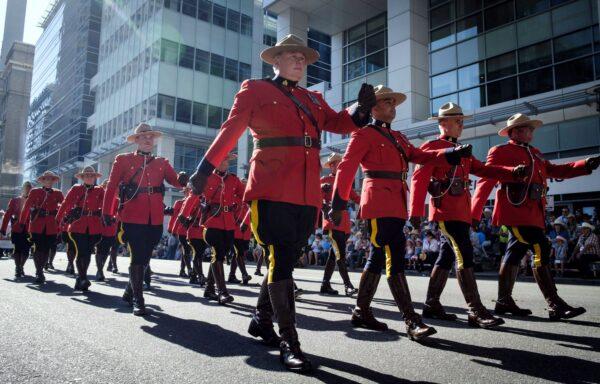Commentary
Once upon a time bell-bottoms, mullets, and “Gestalt” theory were trendy. Until someone realized two fashion blunders didn’t cancel out and people had always seen patterns. Like this one where the RCMP is desperately understaffed.

Once upon a time bell-bottoms, mullets, and “Gestalt” theory were trendy. Until someone realized two fashion blunders didn’t cancel out and people had always seen patterns. Like this one where the RCMP is desperately understaffed.